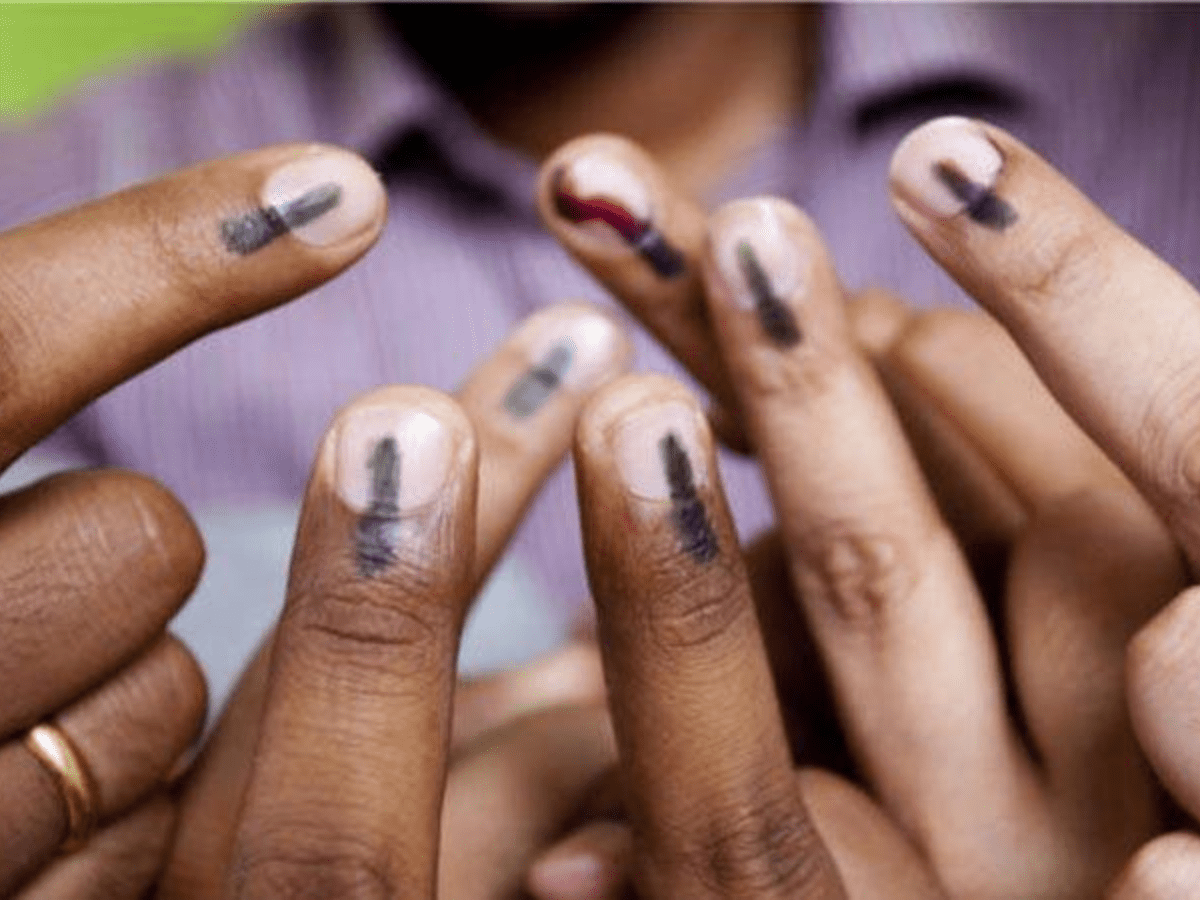
Hyderabad: Telangana IT Minister, KT Rama Rao, recently voiced his concerns about the upcoming delimitation exercise, highlighting how it could potentially put the South Indian states at a disadvantage.
Citing a report by the Carnegie Endowment for International Peace, KTR emphasized that the seat share of northern states like Uttar Pradesh and Bihar would surpass that of the entire southern region, comprising Tamil Nadu, Kerala, Andhra Pradesh, Karnataka, and Telangana.
What is delimitation?
Delimitation is a process of redrawing the boundaries of constituencies or electoral districts within a country. In the Indian context, it primarily pertains to the allocation of seats in the Lok Sabha, the lower house of Parliament.
As per Article 81(2) of the Indian Constitution, these seats must be allocated to each state in a manner that ensures a proportional representation based on their respective populations. The seats are reallocated periodically, using the latest census data.
However, in 1976, the 42nd amendment suspended seat revision until after the 2001 census to promote family planning policies. Subsequently, the Parliament further delayed reallocation through the 84th amendment in 2002. The next revision of Lok Sabha seats is scheduled to occur after 2026, based on the first census conducted post-2026.
KTR’s Concerns
KTR argues that the South Indian states that include Tamil Nadu, Kerala, Andhra Pradesh, Karnataka, and Telangana, have excelled in population control measures, but now face the possibility of losing representation due to the reallocation of seats.
His tweet emphasizes that the South Indian states, accounting for approximately 18 percent of India’s population, have contributed around 35 percent to the country’s GDP. This statistic highlights the significant economic contribution of the region.
Moreover, these states have successfully implemented population control measures, which have led to better HDI indicators. However, the impending delimitation could undermine their achievements and diminish their political representation.
Implications of delimitation on South Indian states
According to the Carnegie Endowment for International Peace report, maintaining the principle that no state should lose representation would require increasing the maximum limit of seats in the Lok Sabha to 848. However, even with an expanded Lok Sabha, the South Indian states would still face a disadvantage.
The report indicates that the seat share of Uttar Pradesh and Bihar combined would rise to 222, while the South Indian states’ seat share would decrease to 165. Additionally, the seat share of other states would become 461.
